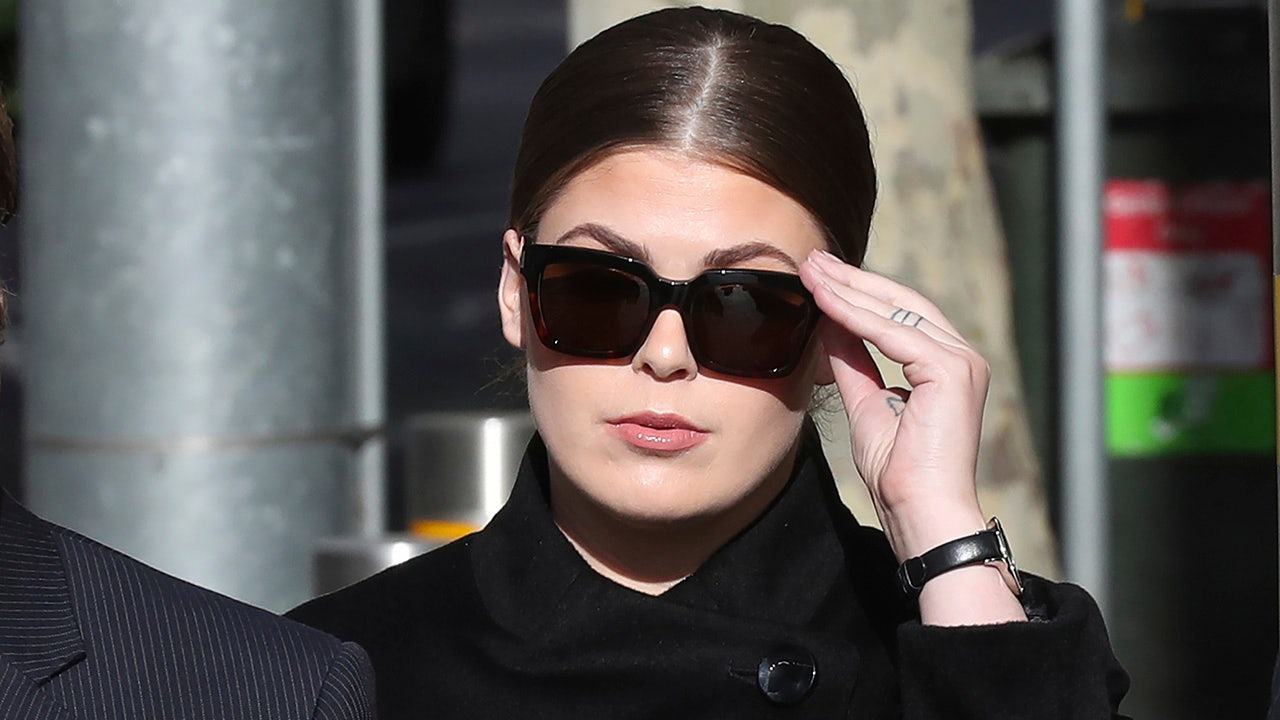Unmasking Deception: The Wellness Influencer Who Faked Cancer
A decade ago, the wellness community was rocked by a scandal that not only undermined trust but also raised critical questions about the ethics of social media influence. The story revolves around a notorious influencer who faked cancer, manipulating the emotions and trust of thousands of followers. Now, a revealing documentary is shining a light on this dark chapter, uncovering the truth behind this influencer’s fraudulent claims and her continued evasion of justice. This tale serves as a cautionary reminder of the extremes some will go to for fame and the responsibility that comes with influence.
The Rise of the Influencer
In the early 2010s, wellness influencers began to dominate social media platforms, promoting everything from holistic healing to fitness regimes. Among these figures was a charismatic individual who captivated audiences with her compelling narrative of struggle and resilience against cancer. Her posts, often filled with inspirational quotes and personal anecdotes, garnered a devoted following. Many admired her strength in the face of adversity, and she quickly became a beacon of hope for those battling illness.
However, behind the façade of strength lay a web of deception. As new evidence comes to light, it becomes increasingly clear that her cancer story was a fabrication, designed to elicit sympathy and financial support. The influencer’s rise to fame was not just about personal triumph; it was an elaborate scheme that exploited the vulnerabilities of her followers.
The Mechanics of Deception
So, what drives individuals to such extremes? The wellness influencer’s journey into deception can be understood through several lenses:
- Desire for Attention: The influencer’s initial engagement with her audience was likely fueled by a deep-seated need for validation. In an era where online presence equates to social value, the allure of becoming a social media star can be irresistible.
- Financial Incentives: With fame often comes financial gain. Many influencers monetize their platforms through sponsorships, merchandise, and donations. By fabricating a serious illness, this individual not only attracted attention but also financial contributions from well-meaning followers.
- Psychological Factors: Psychological motivations, such as narcissism or a desire for control, can drive individuals to deceive others. This influencer may have found a sense of power in manipulating her narrative and the emotions of her audience.
Documentary Revelations
The recent documentary delves into the influencer’s story, featuring interviews with former friends, followers, and experts in psychology and ethics. It sheds light on the extent of her deception, revealing how she crafted elaborate stories to maintain the illusion of her illness. Viewers are presented with evidence of staged hospital visits and fabricated medical records, which serve as a chilling testament to her commitment to the ruse.
The documentary does more than just recount the timeline of events; it also explores the emotional impact on her followers. Many individuals who supported her, believing they were helping a fellow cancer warrior, were left feeling betrayed and manipulated. This betrayal raises critical questions about trust in the age of social media and the responsibility influencers have towards their audiences.
The Aftermath: Evasion of Justice
Despite the overwhelming evidence against her, this influencer has managed to elude legal repercussions. As the documentary outlines, attempts to hold her accountable have been met with various obstacles, including jurisdictional issues and the challenges of tracing online fraud. As a result, her story has become emblematic of a broader issue: the difficulty of regulating online behavior and the often-blurred lines between reality and deception in the digital age.
Lessons Learned from the Scandal
The fallout from this scandal offers several important lessons for both influencers and their audiences:
- Critical Thinking: Followers must learn to approach online content with a discerning eye. Not every story shared on social media is true, and it is essential to question narratives that seem too good—or too tragic—to be true.
- Accountability: Influencers should recognize the weight of their words and the potential impact of their narratives. There is a moral obligation to maintain honesty, especially when discussing sensitive topics like health.
- Community Support: The wellness community must foster an environment of support that encourages openness and honesty. By promoting genuine stories and experiences, the community can help prevent similar deceptions from occurring in the future.
The Future of Wellness Influencing
As the wellness industry continues to grow, the need for ethical standards becomes increasingly critical. Advocates are calling for greater transparency and accountability within the influencer space. This includes the establishment of guidelines for health-related content and the promotion of authenticity over sensationalism.
Moreover, the rise of fact-checking organizations that specialize in scrutinizing influencer claims could play a pivotal role in rebuilding trust among audiences. These organizations can serve as a resource for consumers, helping them navigate the often murky waters of wellness advice and influencer narratives.
Conclusion: A Cautionary Tale
The saga of the wellness influencer who faked cancer is a cautionary tale that underscores the fragility of trust in the digital age. As audiences become more aware of the potential for deception, they are better equipped to engage with content critically. While the influencer continues to elude justice, her actions serve as a stark reminder of the responsibility that comes with influence. The wellness community must strive to prioritize authenticity and ethics, ensuring that stories of struggle and resilience are rooted in truth rather than deception.
In the end, it is vital to remember that behind every social media persona is a real person, and the narratives they share can have profound impacts. By fostering a culture of honesty and accountability, we can hope to prevent such scandals from happening in the future.
See more WebMD Network



